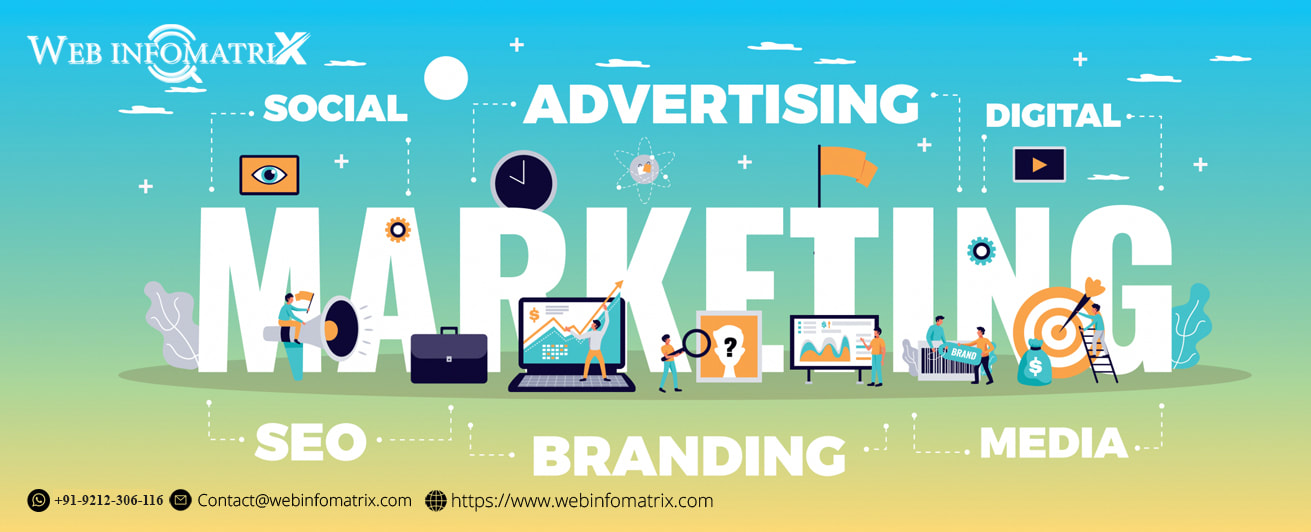The Ethical Considerations of Artificial Intelligence
Artificial Intelligence presents immense opportunities for society but also raises significant ethical considerations. Transparent and responsible AI development, addressing bias and discrimination, safeguarding privacy, and promoting ethical AI governance are crucial for harnessing the potential of AI while minimizing its negative impacts. By prioritizing ethical considerations, we can shape a future where AI benefits all of humanity.
The Moral Issues Affecting Artificial Intelligence
Artificial Intelligence (AI) has become an integral part of our lives, revolutionizing various industries and transforming the way we live and work. However, with great power comes great responsibility. As AI continues to advance, it raises important ethical considerations that need to be addressed. This article explores the ethical dimensions of artificial intelligence, highlighting key issues and discussing the need for responsible AI development and deployment.
Understanding Artificial Intelligence
Artificial Intelligence refers to the development of intelligent systems that can perform tasks that typically require human intelligence. These systems can learn, reason, and make decisions based on data and algorithms. There are various types of AI, including narrow AI, which is designed to perform specific tasks, and general AI, which exhibits human-like intelligence across a wide range of tasks.
Benefits of Artificial Intelligence
AI brings numerous benefits to society and various sectors. It enhances efficiency and productivity by automating repetitive tasks, allowing humans to focus on more complex and creative endeavors. AI also improves decision-making by analyzing vast amounts of data and providing valuable insights. Furthermore, AI enables innovation and discovery by uncovering patterns and correlations that humans may overlook.
Ethical Considerations in AI Development
As AI technologies advance, it is crucial to address the ethical implications associated with their development and use. Transparency and explainability are essential to ensure that AI systems can be understood and trusted. Additionally, mitigating bias and discrimination in AI algorithms is vital to prevent unfair outcomes. Safeguarding privacy and data security is another critical consideration to protect individuals' sensitive information.
AI in the Workforce
The integration of AI in the workforce raises concerns about job displacement and automation. While AI can replace certain tasks, it also opens up new opportunities for human-AI collaboration. Upskilling and reskilling programs are essential to equip individuals with the skills needed to thrive in an AI-driven world.
Automation and Job Displacement
AI has the potential to automate repetitive and mundane tasks, which may lead to concerns about job displacement. Certain roles that heavily rely on manual or routine tasks may be susceptible to automation. However, it's important to note that AI is also creating new job opportunities and transforming existing roles rather than completely replacing human workers.
Human-AI Collaboration
Rather than replacing humans, AI often augments human capabilities, leading to a collaborative partnership between humans and machines. AI systems can assist workers by automating routine tasks, providing data-driven insights, and supporting decision-making processes. This collaboration allows employees to focus on higher-value tasks that require creativity, critical thinking, and emotional intelligence.
Upskilling and Reskilling
As AI evolves, the workforce needs to adapt and acquire new skills to thrive in an AI-driven environment. Upskilling refers to developing additional skills to enhance existing job roles, while reskilling involves acquiring new skills for transitioning into different roles. Organizations and individuals must invest in continuous learning and training programs to stay relevant and effectively collaborate with AI technologies.
AI and Social Impact
AI has a significant impact on society, particularly in areas like healthcare, social inequality, and personal privacy. Ethical AI in healthcare can improve diagnostics, treatment, and patient care. However, it is crucial to ensure that AI applications prioritize patient welfare and uphold ethical standards. AI also has the potential to exacerbate social inequality, and careful consideration must be given to prevent bias and discrimination in AI systems. Additionally, protecting personal privacy becomes increasingly challenging in the age of AI, as vast amounts of data are collected and analyzed.
Ethical AI Governance
To address the ethical considerations surrounding AI, effective governance is necessary. Regulation and legislation play a crucial role in establishing guidelines and standards for AI development and deployment. Ethical AI frameworks provide a set of principles and guidelines for responsible AI use. International cooperation is also vital to ensure consistent ethical standards and foster collaboration in addressing global AI challenges.
The Future of Ethical AI
As AI continues to evolve, ensuring trustworthy AI systems is of utmost importance. Ethical decision-making by AI systems should be transparent and aligned with human values. It is crucial to raise public awareness about AI and its ethical implications and promote education on AI ethics to equip individuals with the knowledge to navigate the AI landscape responsibly.
Ethical Decision-Making by AI
As AI systems become more sophisticated, enabling them to make ethical decisions becomes imperative. Future advancements should involve developing AI systems that can understand and evaluate ethical dilemmas, taking into account moral values and societal norms. By embedding ethical frameworks into AI algorithms, we can guide AI systems to make morally sound choices.
Public Awareness and Education
Raising public awareness about AI and its ethical implications is vital for the future of AI. Increased education and engagement on AI ethics can empower individuals to understand the potential benefits and risks associated with AI. By fostering a well-informed society, we can collectively shape the future of AI, hold organizations accountable, and actively participate in discussions surrounding ethical AI development and use
Ethical AI Governance
The future requires robust governance frameworks to regulate AI development and deployment. Governments, policymakers, and organizations should work collaboratively to establish clear guidelines, standards, and regulations for ethical AI practices. This includes addressing concerns such as bias, discrimination, privacy, and the potential impact of AI on social structures. International cooperation is also crucial to ensure consistent ethical standards and promote responsible AI use across borders.
Ethical AI in Emerging Technologies
As AI continues to evolve, its integration into emerging technologies such as autonomous vehicles, healthcare systems, and smart cities raises additional ethical considerations. The future calls for proactive ethical assessments and regulations specific to these domains. By anticipating and addressing ethical challenges early on, we can guide the development of AI-powered technologies in a manner that benefits society and upholds ethical standards.
What's Your Reaction?


















.jpg)
.jpg)